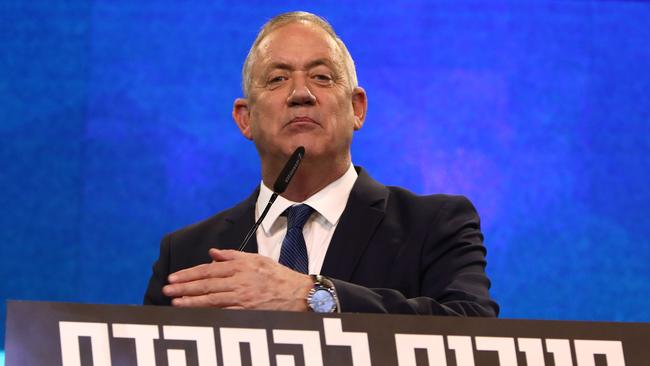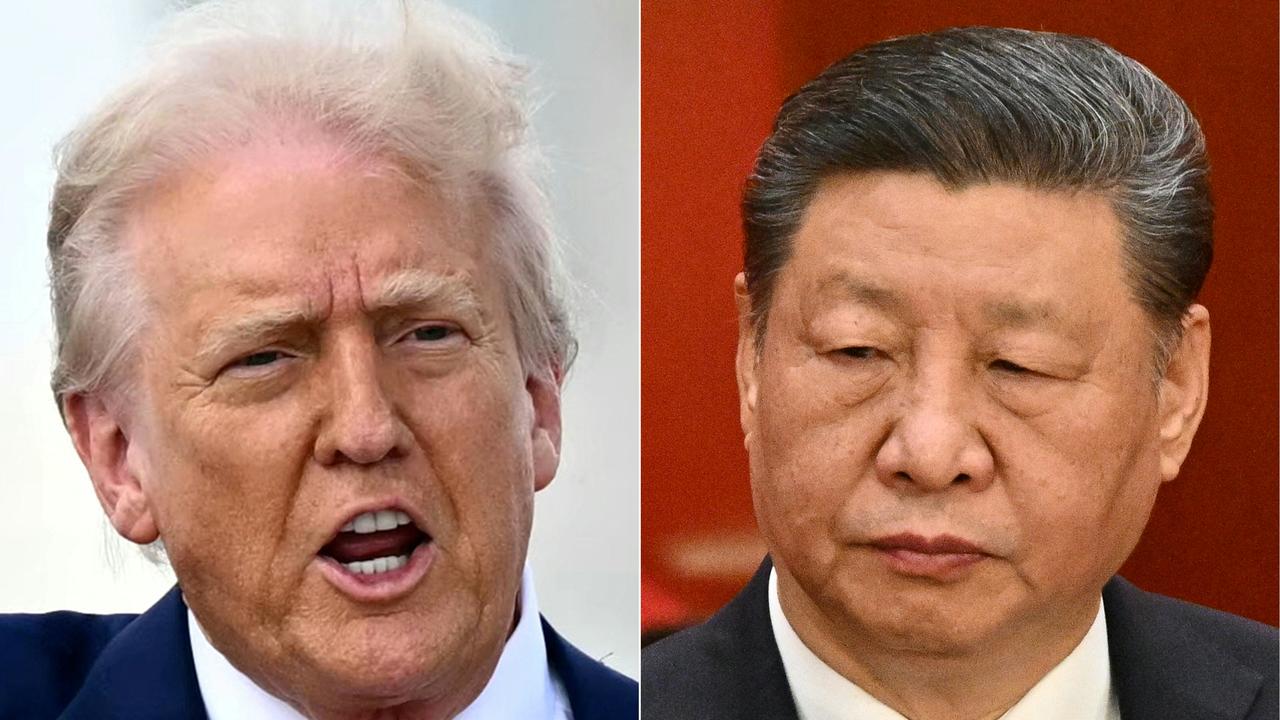Benjamin Netanyahu has the edge on a rocky path back to power

If official results match the exit polls showing him falling just short of a majority, he could go on trial on March 17 weakened and stuck in political gridlock.
Netanyahu has been indicted on charges of fraud, breach of trust and accepting bribes, making him the first sitting prime minister to be charged. He denies any wrongdoing and says he is the victim of a witch hunt by police, prosecutors and a hostile media.
During the campaign, Netanyahu failed in a bid to secure immunity from prosecution. As Prime Minister, he could still rally public opposition against prosecutors and judges in the case. He also could seek other avenues to delay or derail proceedings against him.
Aviad Glickman, legal affairs correspondent for Channel 13 TV, said that if Likud emerges victorious, Netanyahu’s lawyers will likely seek to delay the trial. He said there are serious concerns in the legal system that if Netanyahu secures another term, he will try to fire his Attorney-General, who filed the indictment against him, and push for legislation that would allow parliament to strike down Supreme Court rulings it opposes.
A Likud victory could also force the court to rule on Netanyahu’s future. An advocacy group, seeking to oust Netanyahu, earlier this year asked the court to rule whether an indicted Knesset member can be designated prime minister and asked to form a new government. The Supreme Court in January declined to rule on the request, saying it was premature. But the issue could come up again if President Reuven Rivlin taps Netanyahu to form a government.
After elections, the president is responsible for picking a prime minister and forming a majority coalition. He usually chooses the leader of the largest party, but it’s not required, and the decision has been complicated by Netanyahu’s trial. After September’s election, Netanyahu and his main challenger Benny Gantz were given opportunities to form coalitions. Both failed. With Likud projected to be the largest party, Netanyahu could again get first crack at assembling a coalition this time around.
According to the exit polls, Netanyahu’s Likud was projected to win 36 to 37 seats, up from 32 seats in September. Gantz’s centrist Blue and White party, which ran on a message that the Prime Minister is unfit to lead because of the serious charges against him, was projected to win 32-34 seats, roughly the same as in September.
If the final results hold up, the easiest way out of the impasse would be a unity government between Likud and Blue and White, which together command a solid parliamentary majority. Gantz, however, has ruled out a partnership as long as Netanyahu remains in charge. Netanyahu insists on remaining Prime Minister in any unity deal.
Addressing a crowd of enthusiastic supporters early on Tuesday, Gantz did not concede defeat.
Avigdor Lieberman, a former Netanyahu ally turned rival, appeared to once again emerge as the key player in coalition talks.
Lieberman has refused to endorse either candidate, potentially giving him the final say in who controls a parliamentary majority. Lieberman, who opposes Netanyahu’s alliance with ultra-Orthodox parties, has said he will not allow a fourth straight election.
The election marked another setback for the once mighty Labor party, which governed the country for its first three decades. The party’s alliance was projected to get just six or seven seats, making it one of the smallest factions in 120-member Knesset.
Labor chairman Amir Peretz accused Gantz of cannibalising Labor in a hopeless bid to emerge as the largest party. Ayman Odeh, leader of the Arab Joint List, criticised Gantz for ruling out a partnership with his party.
Continued deadlock could potentially force the country into another election. Netanyahu, Israel’s longest-serving leader, has been a caretaker prime minister for more than a year as a divided country has weathered inconclusive votes in April and September and prolonged political paralysis.
After opinion polls repeatedly showed the two rivals deadlocked, or with Gantz holding a slight lead, Likud began to edge ahead over the last two weeks. Netanyahu sought to portray himself as a statesman who is uniquely qualified to lead the country through challenging times and boasts important relationships with world leaders, most critically, US President Donald Trump. During the campaign, Trump unveiled a Mid-East plan that is favourable to Israel in a step that was seen as an election gift to Netanyahu.
With his career on the line, Netanyahu campaigned furiously. He took a hard turn to the right in hopes of rallying his nationalist base, promising to expand and annex West Bank settlements. But the candidates seemed to agree on one thing: The country cannot hold another election.
AP



Despite the wild celebrations, Benjamin Netanyahu could have difficulties forming a government.